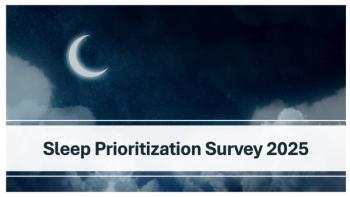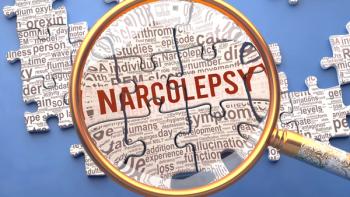
New Study Ties Sleep Loss to Overactive Immune System
Small study finds that sleep deprivation increases white blood cells. The finding is a piece of a puzzle that may link poor sleep to inflammation and a number of diseases.
A recent studysuggests that ongoing sleep deprivation is linked to an overactive immune system, causing inflammation and potential risk of autoimmune disorders and chronic diseases.
“We have been interested in the role of sleep for several years now and published a Nature paper in 2019 on how sleep worsens atherosclerosis,” says Swirski, one of the researchers on the study. “In this new study, we wanted to deepen those insights and specifically explore the role of sleep in immune cells in humans.”
Swirski and his colleagues reported their results in the
Although the study involved only 14 people with no pre-existing sleep issues, unlike most sleep studies which last a few days, for this one, participants were studied in a free-living setting over two phases lasting six weeks.
“We found that sleep disruption increases the number of white immune cells that can be retrieved from the blood,” Swirski says. “Immune cells are produced in the bone marrow and enter the blood throughout the day. Through a series of experiments, we discovered that sleep disruption increases the rate of production of immune cells in the bone marrow. This happens through epigenetic modification of the stem cells that reside in the bone marrow.”
He explains this is important because the immune cells that were elevated have a major impact on many diseases as they are key constituents of inflammation.
“The study’s observation that sleep modulates hematopoiesis through epigenetic modification of stem cells is important as it provides an important insight about how sleep can modulate inflammation,” Swirski says. “We noticed that this modulation is long lasting — not necessarily forever — but certainly the consequences of sleep disruption extend beyond a few days of sleep recovery. This is because the changes are epigenetic: modifications on the DNA of the individual cells.”
The researchers conducted this study in humans and in mice. The major observations were made in the humans, but much of the mechanistic work was done using mouse models.
“Despite the obvious fact that mice are not people and that mice are nocturnal, it was amazing to see that the elevation in immune cells occurs similarly in both humans and mice,” Swirski says. “Our data also aligned extremely well with mathematical predictions as to what would happen to the pool of hematopoietic stem cells if they were to proliferation (self-renew) at high frequencies. It was reassuring to see those mathematical predictions confirmed experimentally.”
He notes this study is another piece of the puzzle as to how sleep contributes to our health and the researchers are actively exploring the role of sleep in various diseases, including heart disease and neurodegenerative diseases such as Alzheimer’s.
“We know that sleep reinvigorates us, and we know it is good for us,” Swirski says. “This study provides cellular and molecular insights showing how sleep regulates the immune system. Our data show that hematopoiesis, which occurs in the bone marrow, is modulated during sleep. Our previous and ongoing work suggests that the influence of sleep on the bone marrow is related to specific signals in the brain, specific neuropeptides that can communicate with cells in the bone marrow.”
Newsletter
Get the latest industry news, event updates, and more from Managed healthcare Executive.























